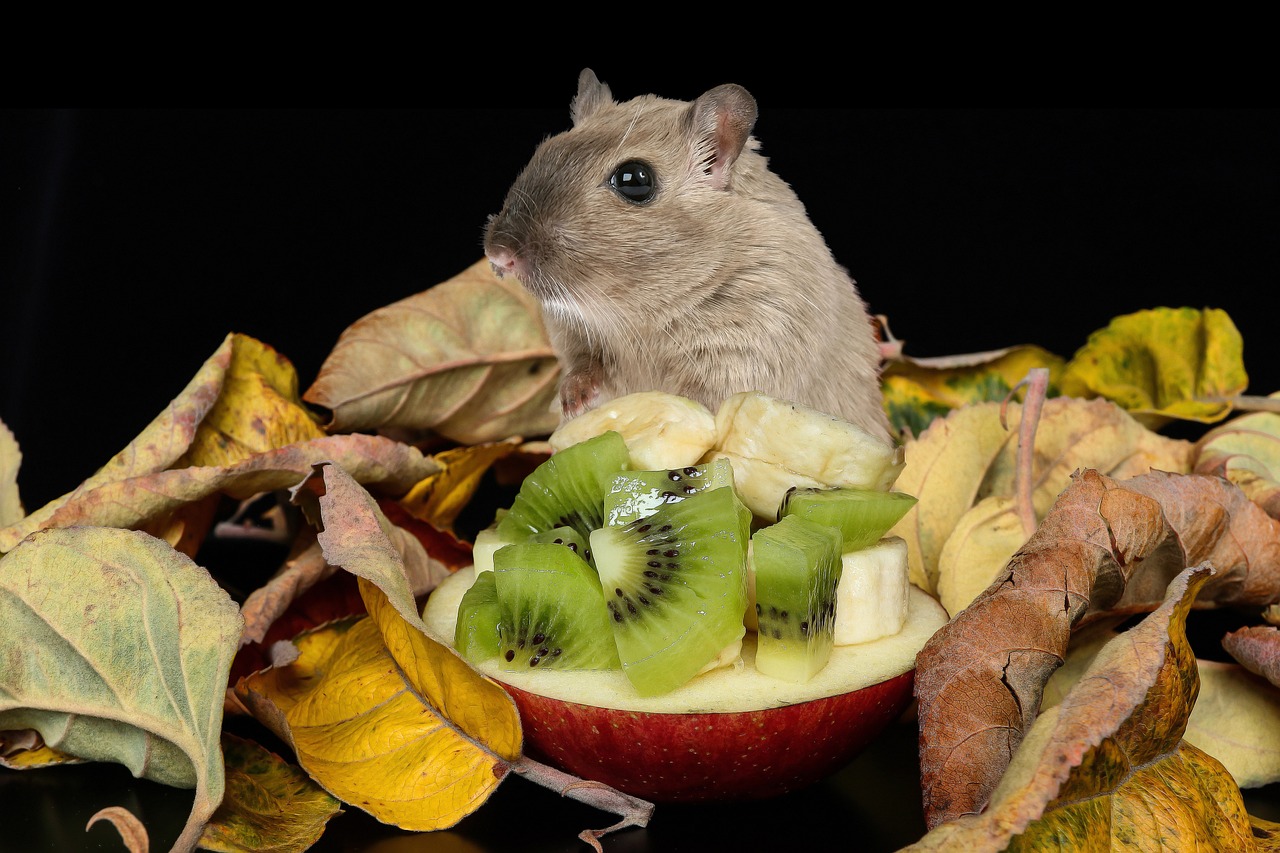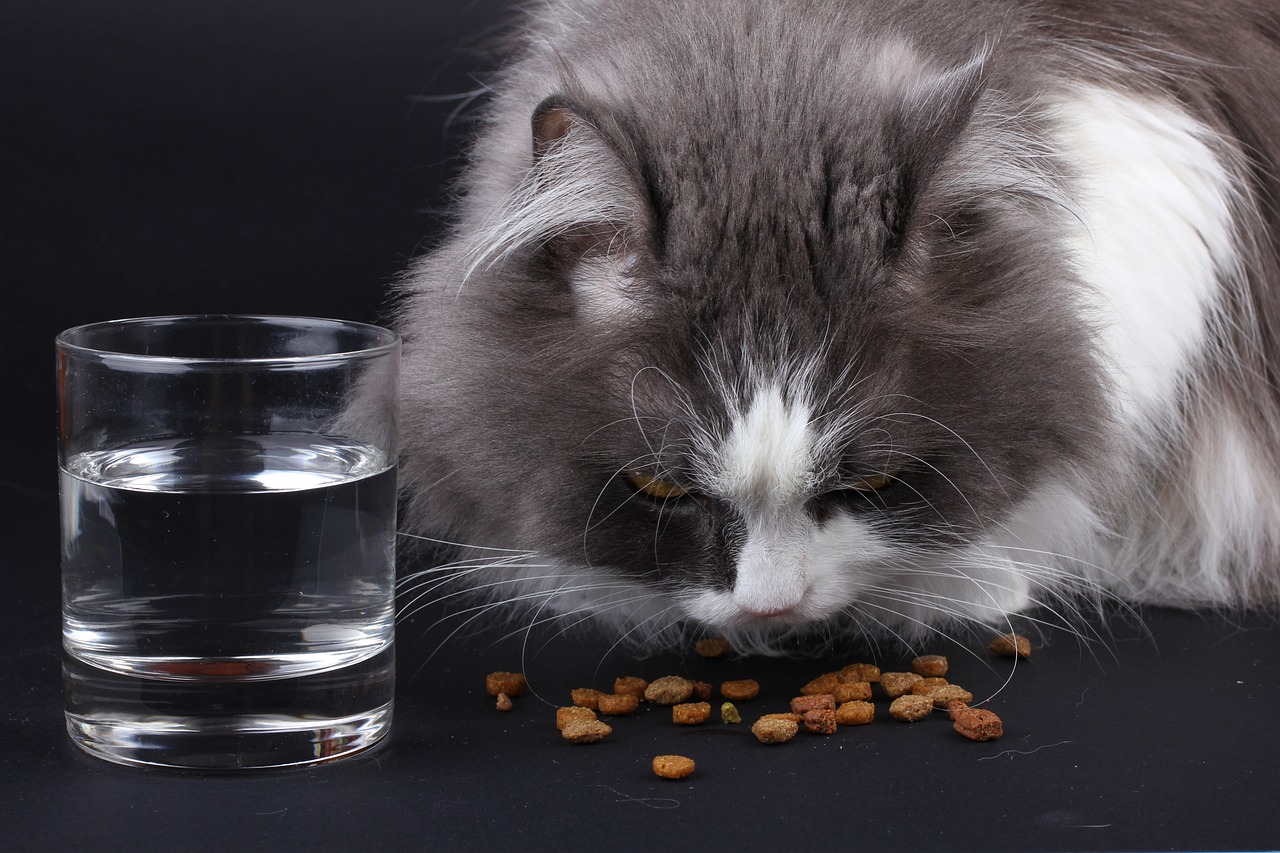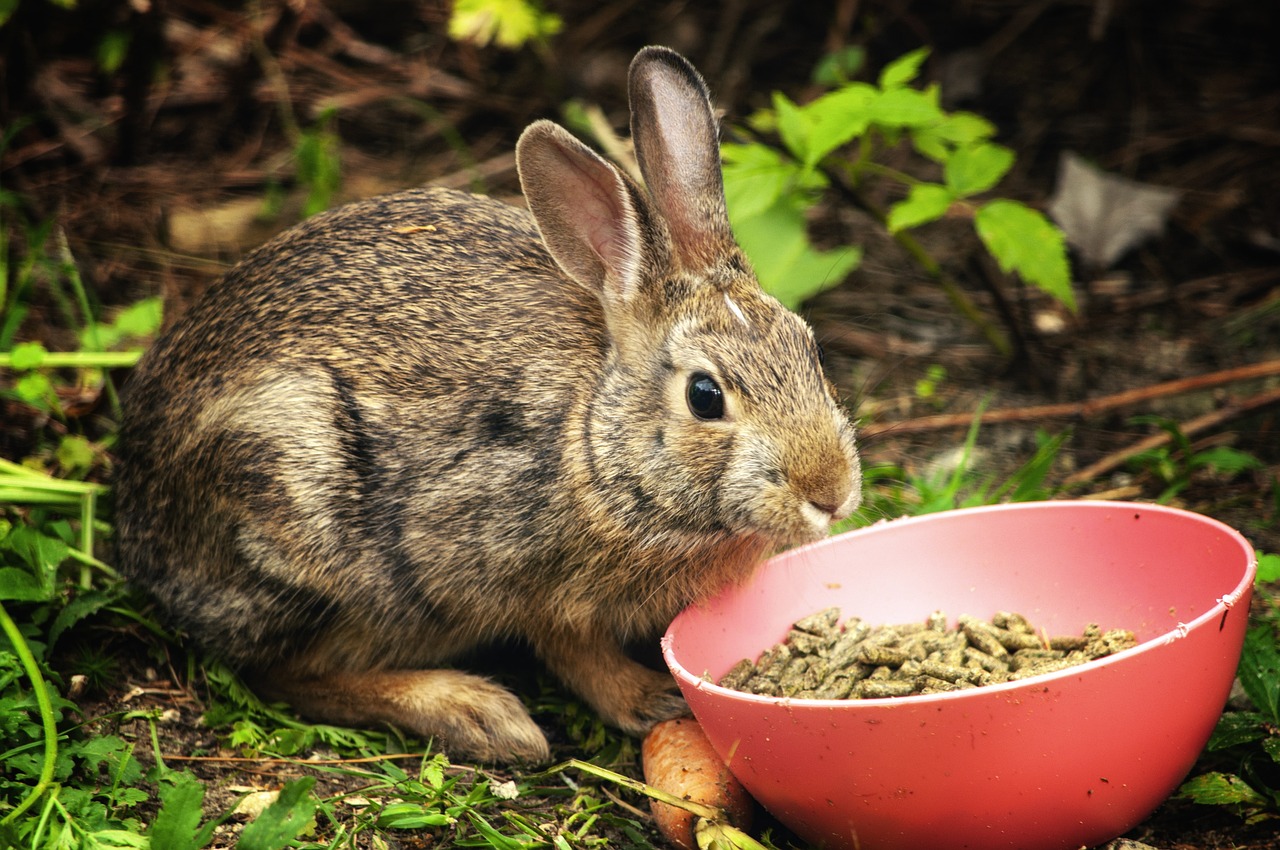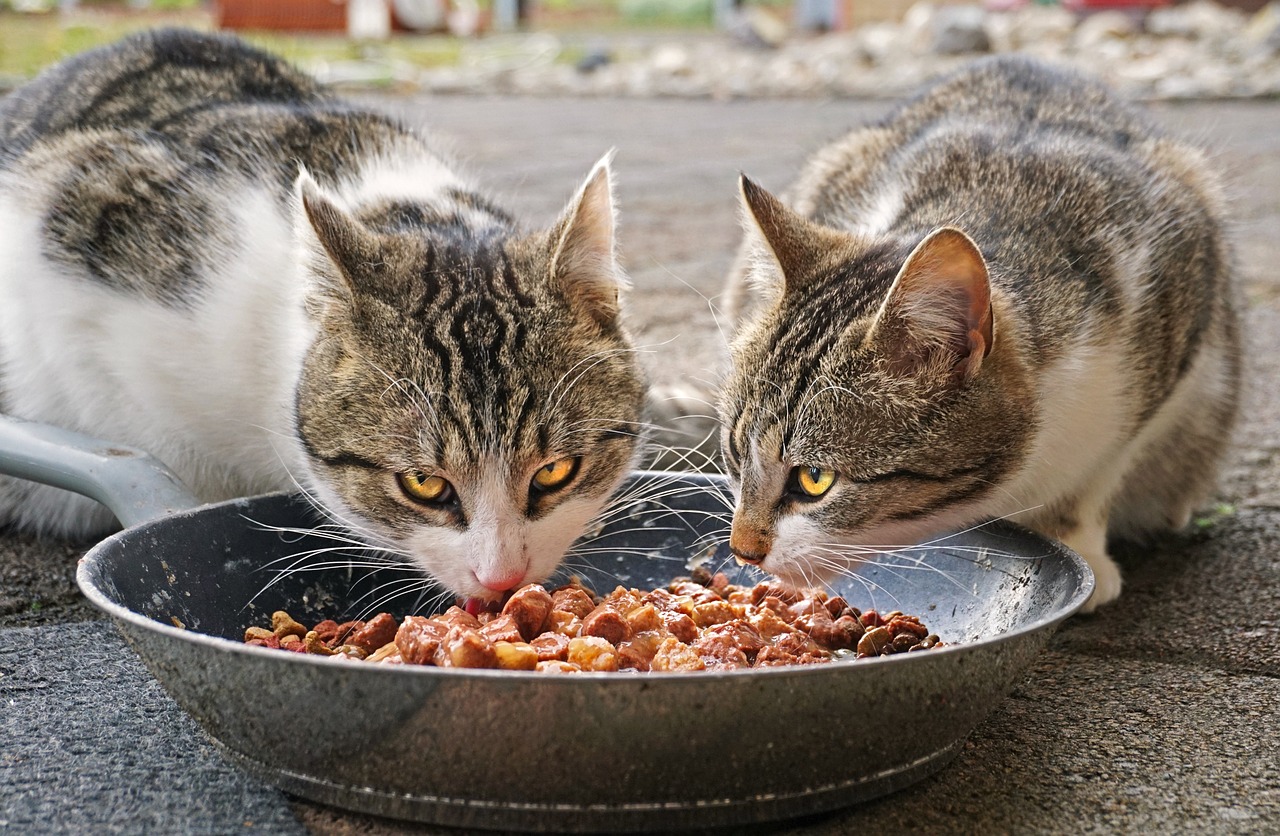Introduction
Your pets are more than just animals; they’re cherished members of your family. Just as every family member has unique dietary preferences and requirements, your pets also have individual nutritional needs. In this article, we’ll explore the world of special diets for pets, ensuring they receive the tailored nutrition they deserve.
Understanding Your Pet’s Unique Dietary Requirements
Catering to your pet’s special dietary needs begins with recognizing and understanding those needs. Each pet is an individual with distinct requirements influenced by factors such as breed, age, and health.
Common Special Diets for Pets
Dietary needs for dogs
Dogs come in various breeds, sizes, and activity levels. Their diets should reflect these differences, from active working dogs to couch-potato companions.
Dietary needs for cats
Cats are obligate carnivores, and their dietary requirements are unique. We’ll delve into what makes their diet special and how to meet those needs.
Dietary needs for exotic pets
Exotic pets, from parrots to reptiles, also require tailored diets. Discover how to provide proper nutrition for these unique companions.
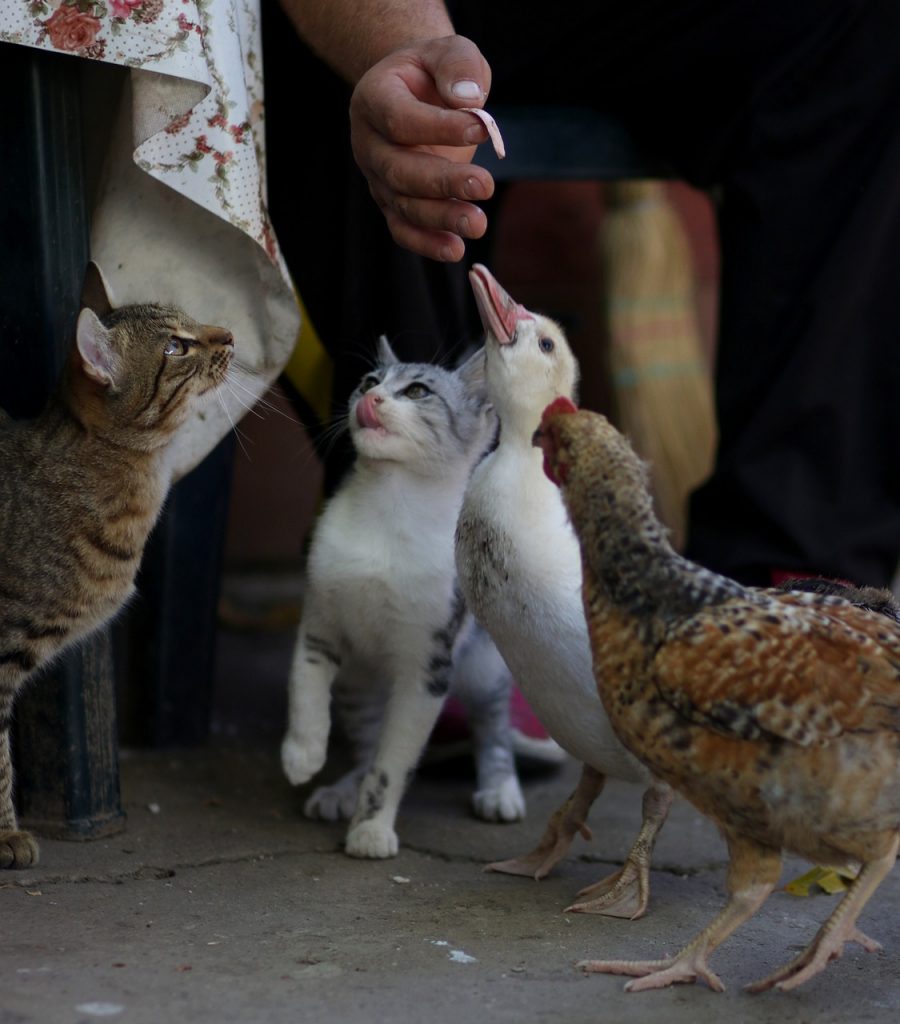
Medical Conditions and Dietary Adjustments
Special diets become a necessity when pets have specific medical conditions. We’ll explore dietary recommendations for pets with allergies, obesity, diabetes, and renal issues.
Homemade vs. Commercial Special Diets
Should you prepare special diets at home, or rely on commercial options? We’ll weigh the pros and cons of both approaches, and how to achieve balance when making special diets at home.
Transitioning Your Pet to a Special Diet
Switching your pet to a special diet requires a gradual introduction of new food. We’ll also discuss how to monitor your pet’s response and when to seek guidance from a veterinarian.
Making Special Diets Tasty and Nutritious
A key challenge in maintaining special diets is keeping them appealing. We’ll discuss incorporating variety, ensuring balanced nutrition, and the importance of food safety and storage.
Ensuring Safety and Quality in Special Diets
The quality of ingredients is paramount in special diets. Learn how to choose high-quality ingredients, proper food preparation, and storage guidelines. We’ll also recommend some reputable commercial brands for special diets.
Raw Diets for Pets: A Controversial Choice
Raw diets have gained popularity, but they come with their own set of risks and benefits. We’ll explore the pros and cons of raw diets, as well as what veterinarians have to say about this controversial choice.
Holistic Approaches to Special Diets
Holistic pet nutrition goes beyond just the ingredients. We’ll discuss what holistic pet nutrition entails and how to integrate holistic practices into your pet’s diet. We’ll also highlight precautions and potential benefits.
Catering to Aging Pets
As pets age, their dietary needs change. Discover how to adjust diets to cater to the specific needs of senior pets, including considerations for mobility, cognitive health, and supplements.
Dietary Restrictions for Puppies and Kittens
Young pets, like puppies and kittens, have their own set of dietary restrictions and requirements. We’ll explore what’s necessary for their growth and development and how to avoid common pitfalls.
The Role of Supplements in Special Diets
Not all pets require supplements, but some benefit from them. We’ll discuss when supplements are necessary, how to choose safe and effective options, and why consultation with a veterinarian is vital.
Success Stories: Special Diets and Health Improvements
To highlight the power of tailored nutrition, we’ll share personal stories from pet owners who witnessed incredible transformations in their pets’ health thanks to special diets.
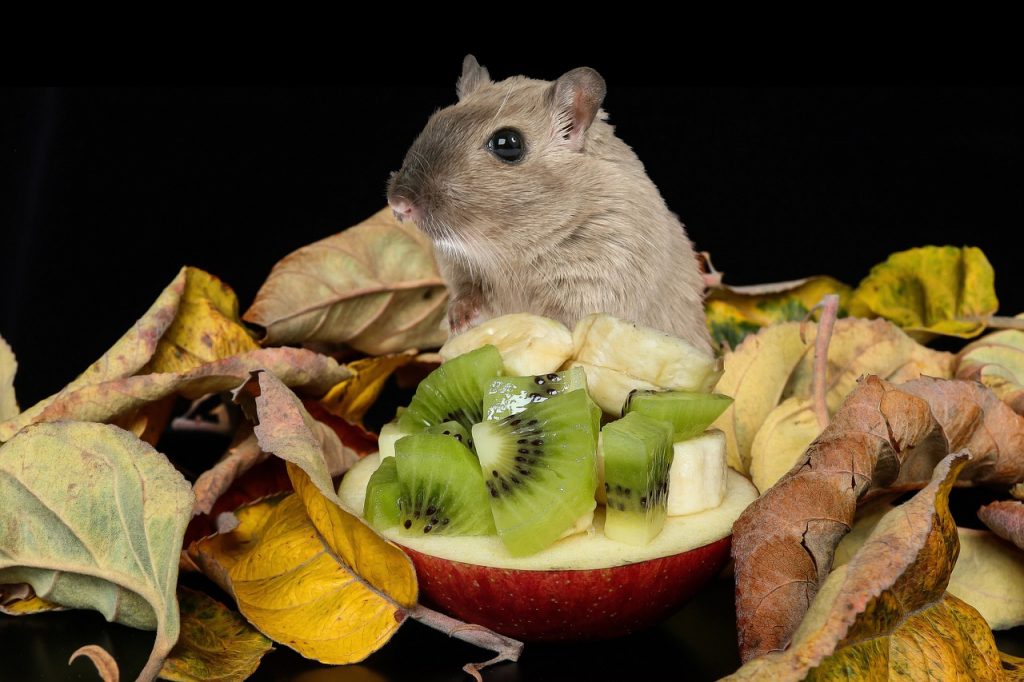
Conclusion
In conclusion, special diets for pets play a pivotal role in their overall well-being. By recognizing and addressing their unique dietary needs, you can foster a stronger, healthier bond with your four-legged family members.
FAQs
FAQ 1: How can I determine if my pet needs a special diet?
Assess your pet’s health, age, and activity level, and consult with a veterinarian for personalized guidance.
FAQ 2: Can I prepare homemade special diets for my pet without consulting a vet?
While homemade diets are an option, consulting a vet is crucial to ensure your pet receives proper nutrition.
FAQ 3: What are the key ingredients to look for in commercial special diets?
Look for high-quality protein sources, balanced nutrients, and minimal fillers in commercial special diets.
FAQ 4: Are there any natural remedies for pets with dietary sensitivities?
Some pets benefit from natural remedies, but always consult with a veterinarian before trying any alternative treatments.
FAQ 5: What should I do if my pet refuses to eat their special diet?
Consult with a veterinarian to rule out any health issues and explore ways to make the special diet more appealing to your pet.
